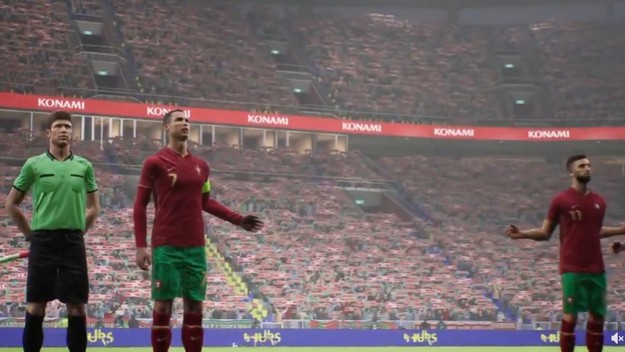The PC comes with faster game loading technology from the Xbox Series X / S console, here's what you'll need for it
It was announced last year that Microsoft will enable a technology called DirectStorage on Windows 10 systems, ie on the PC platform, which is developed for faster loading of games on Xbox Series X and S consoles. It is a technology that solves the problem of obsolescence and limitations of program interfaces in executing a large number of requests to load data into memory.
In other words, DirectStorage technology solves the invisible problem we've had for years - that game loading hasn't accelerated significantly, although data transfer speeds from SSDs have skyrocketed in recent years. No matter what kind of rabid PC you have, games due to the limitations of the programming interface could not use the full potential of the disk, no matter how fast it was.
That should change in the future and DirectStorage should become supported in the next major update of Windows 10. Microsoft has now revealed what hardware will be needed to reap the benefits of that technology.
Logically, you will need an NVMe SSD - nothing without it because the classic SATA interface SSDs will not get any benefits or improvements. But the good news is that you won’t need NVMe drives that use the PCIe 4.0 interface - as on XSX / S and PS5 consoles. The previous generation NVMe SSDs, ie PCIe 3.0, will also be supported.
As for graphics cards, we have good news here too. DirectStorage will be able to be used by all cardholders that support DirectX 12, which means the oldest GTX 600 series or Radeon HD 7000 series.
In theory, all games made exclusively for the DirectX 12 API will be able to take advantage of DirectStorage and speed up downloads. It could also help them in performance because DirectStorage also releases a processor, so if you have a mid-range processor - it will be easier to "breathe" in games.
Admittedly, it is questionable how many developers will return to old games to add support for DirectStorage in their PC versions. This technology is primarily there for upcoming games, that is, for games designed around NVMe SSDs, rather than the classic HDDs used in the previous generation of consoles. For now, there are practically no such games, because most of the titles that are currently coming out for new consoles are coming out in parallel with the old ones.













Bad ass!!! Loving this step in the right direction. Although it took consoles to push this kind of technological movement, but hey it's here now.